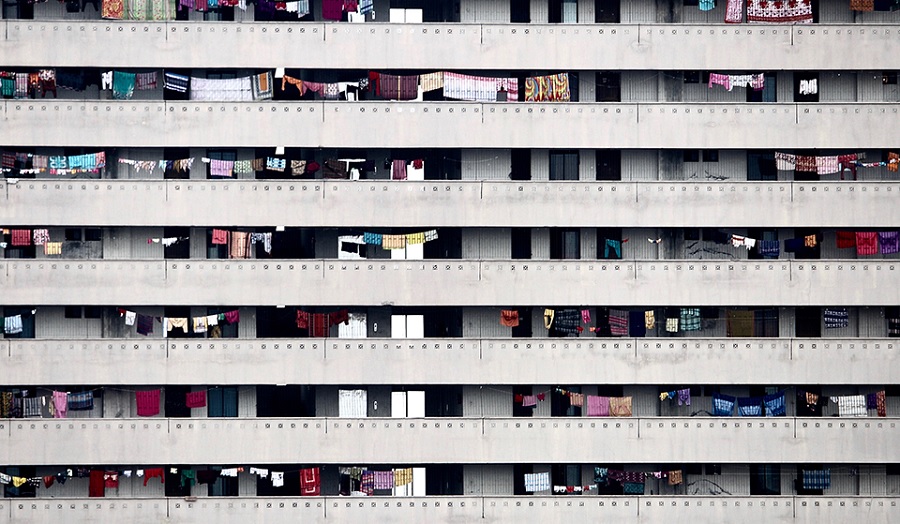An experimental course will centre on the lived experiences of migration to understand how urban spaces can produce or challenge exclusion.
Date: 23 November 2021
London Met's Dr Beatrice De Carli and Lucia Caistor-Arendar are working to promote learning and teaching that asks how we can plan, build and put into practice cities that promote inclusion.
They have been working together with a range of higher education institutions and civil society organisations in Berlin, Milan, Leuven and London, to design and test an experimental trans-local and transdisciplinary course titled Practices of Urban Inclusion.
The course centres on the lived experiences of migration and movement as key perspectives to understand how urban spaces can produce or challenge exclusion. In doing so, it explores how urban planning, architecture and spatial practice can contribute to making cities of care and conviviality, where more people feel welcome in more spaces.
Through this focus, the course invites learners from a wide range of backgrounds to confront the pressing social, political and ethical concerns that relate to migration and movement in the context of European cities and regions. The project recognises the decisive role played by new forms of teaching and learning in the development of new skills, towards the production of more inclusive cities. As a result, the aim is to create a "common ground" for participants to critically reflect upon their own forms of urban practice, and to develop new ways of fostering inclusion in urban space.
As one of the academics on the project Viviana d' Auria highlights, "Creating conditions for place-based solidarity in diversity represents … an ever-renewing challenge for spatial practices."
The partnership is part of an Erasmus Plus project called, DESINC Live: Designing and Learning in the Context of Migration (desinclive.eu), which runs until the end of 2022.
Photo by Pujohn Das on Unsplash

